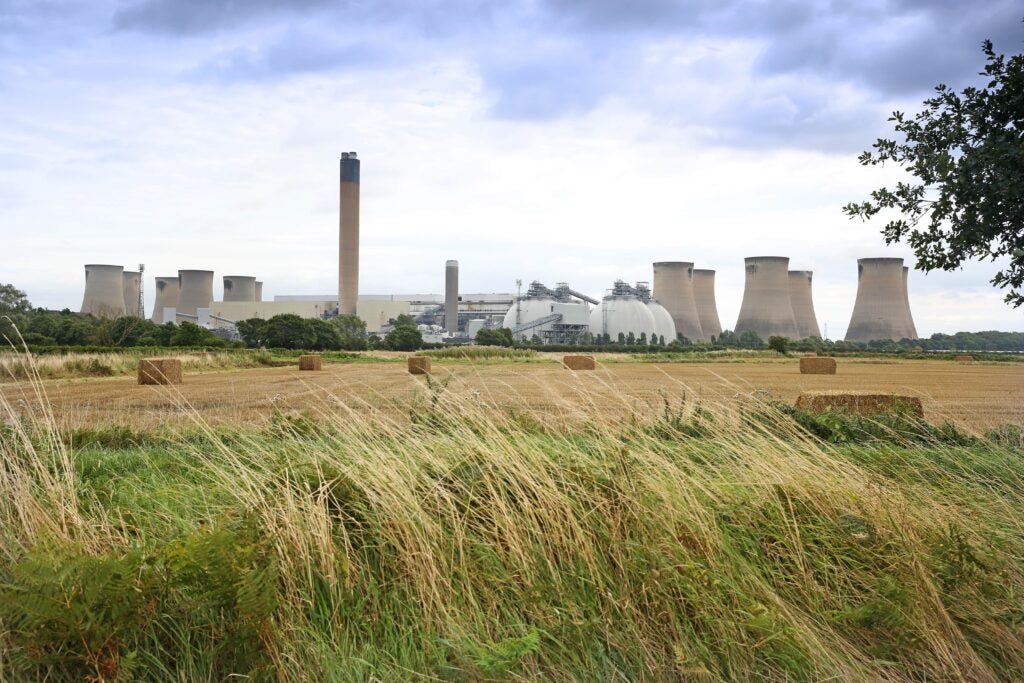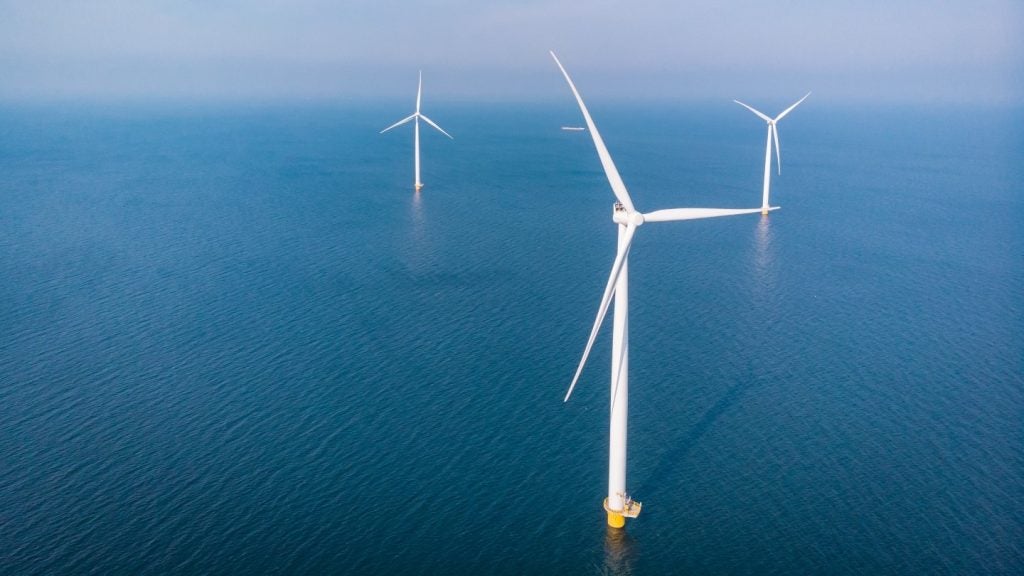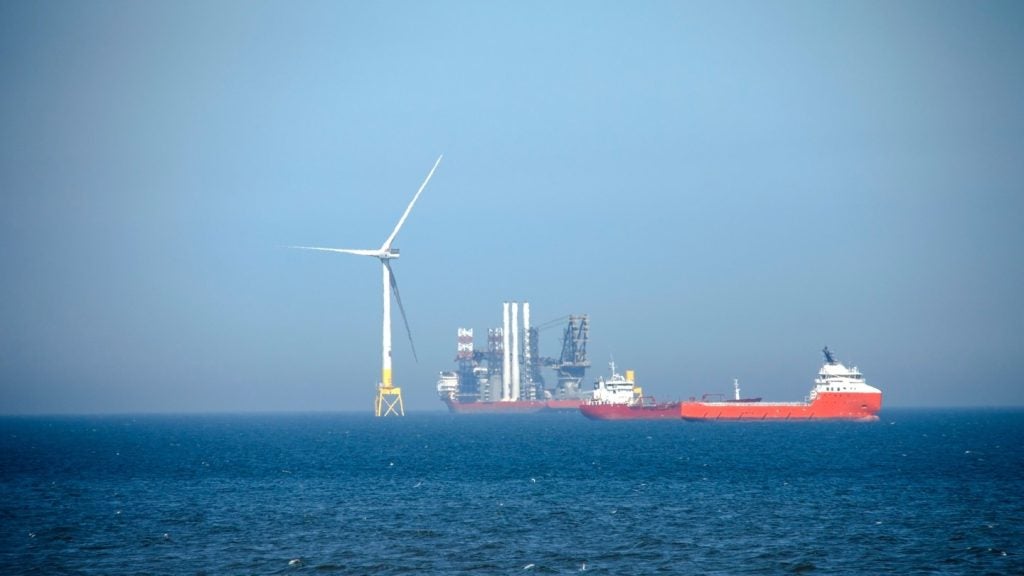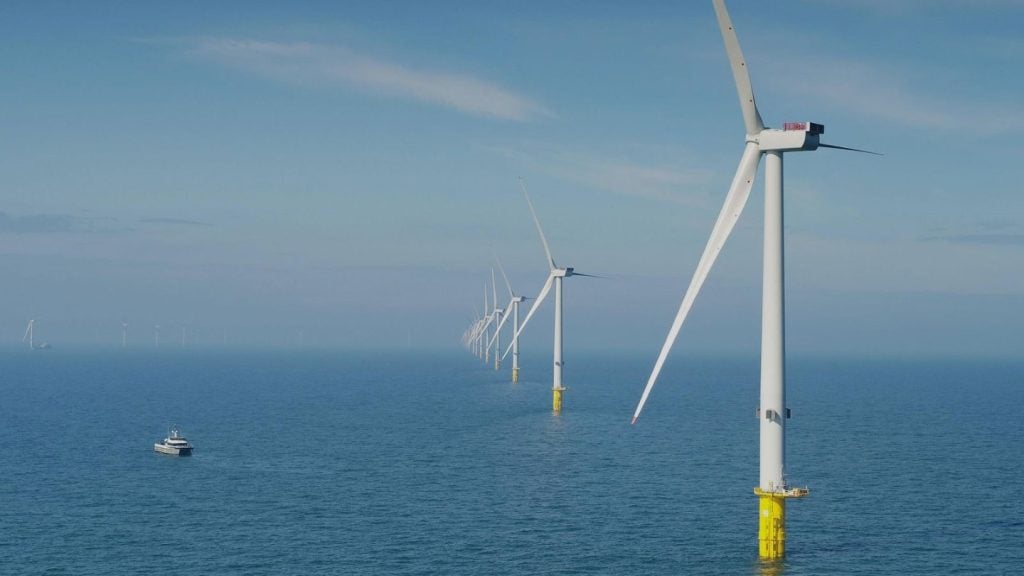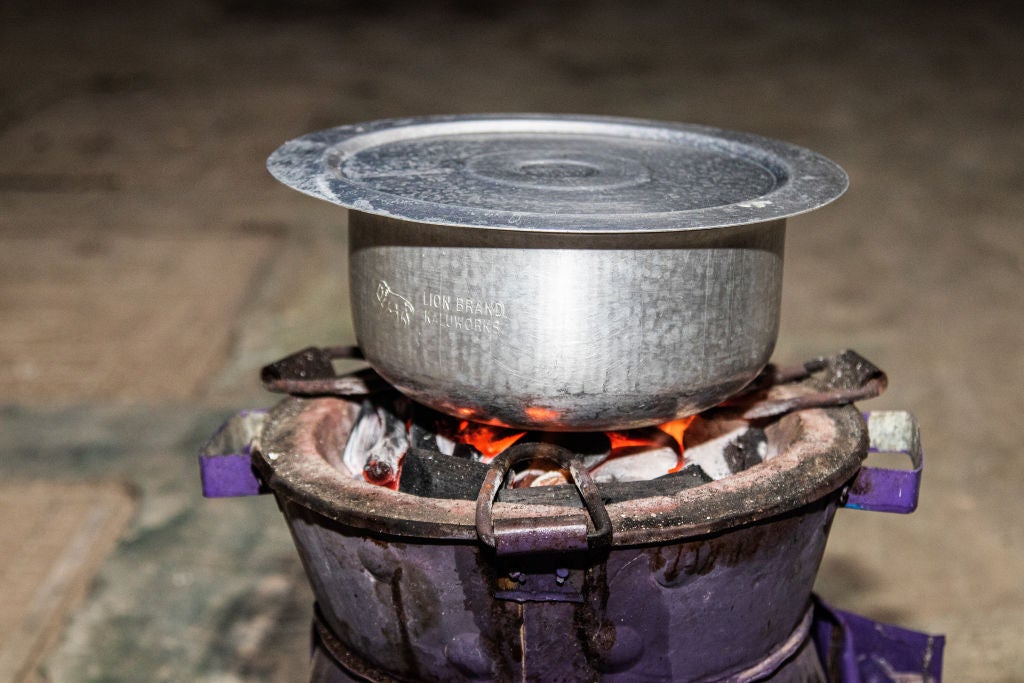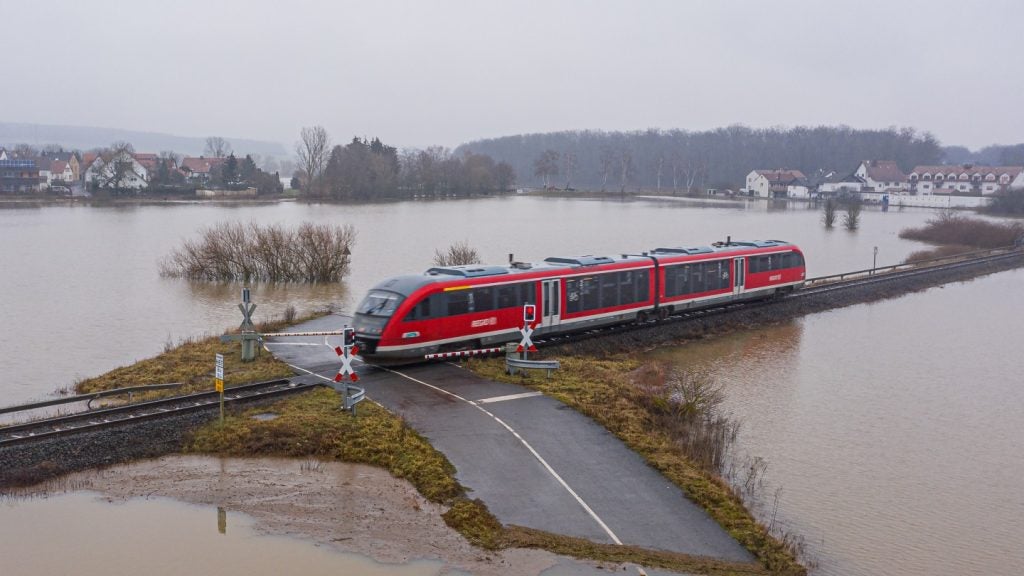UK energy company Drax posted a 66% surge in its full-year results on Thursday and raised its dividend, just as a damning investigation by the BBC, published on Wednesday, finds the company is still burning rare forest wood despite sustainability claims.
Drax posted adjusted core earnings before interest, taxes, depreciation and amortisation (EBITDA) of £1.21bn ($1.53bn) in 2023, up from £731m the previous year. The company cited strong electricity output from its flagship biomass plant in North Yorkshire and continued subsidies support from the UK Government as reasons for its improved performance.
It proposed a final dividend of £0.14 per share, up 10% year-on-year, and announced the conclusion of its £150m share buyback programme.
In its outlook for the decade, the company said it expects up to £4bn of growth investment by 2030, citing newly announced plans to install carbon capture and storage (CCS) facilities at its power station and elsewhere in the world.
Drax CEO Will Gardiner said of the company’s results: “Drax performed strongly in 2023 and we remained the single largest provider of renewable power by output in the UK. Policy support for our UK BECCS [bioenergy and carbon capture and storage] project continues to progress and we remain in formal discussions with the UK Government to ensure Drax Power Station can play a long-term role in UK energy security.
“We have made further progress in our ambition to be a world leader in carbon removals and have visibility of high-quality, long-term earnings to 2042 and a strong balance sheet which supports returns to shareholders and investment in growth, both in the UK and internationally.”
Climate think tank Ember said last month that the decision to go ahead with the project could cost the UK taxpayer £43bn. Drax has so far received billions in green subsidies from the government, despite ongoing doubt over the company’s sustainability credentials.
On Wednesday, the BBC reported that the company is still burning wood from rare forests in North America at its North Yorkshire plant, despite repeated claims from the company that all the wood used for its wood pellets is “sustainable and legally harvested".
Drax has so far received approximately £6bn in public money because the electricity it produces at its biomass plant is considered both renewable and emissions-free, despite producing 12 million tonnes (t) of CO₂ annually.
In 2022, the BBC’s investigative arm, Panorama, found the company was using wood from primary forests – forests so far largely undisturbed by human activity and therefore ‘precious’ – in British Columbia, Canada. Drax denied this at the time but said it would not apply for further logging licenses in the region.
New documents from British Columbia’s Ministry of Forests, obtained by Panorama, show that the company continued to take more than 40,000t of wood from "old-growth" forests in 2023. Old-growth forests are some of the oldest in the world. The provincial government says they provide "unique habitats, structures and ecological functions" and are “irreplaceable”.
Last year and in 2022, Drax was subject to several probes from UK energy regulator Ofgem regarding its green credentials, triggered by Panorama’s findings. In April 2023, Ofgem began to look into the company’s feedstock. In June, a formal investigation was launched into the company’s sustainability credentials.
Drax maintains all its wood is sustainably sourced. It said in a statement published in response to the BBC’s latest report: “We are confident our biomass is sustainable and legally harvested and meets the requirements of our 2019 sourcing policy. The document the BBC has referred to was published in 2017, was not a policy and is now obsolete.
“As a responsible business we keep our sourcing policy and practices under regular review so that that they take account of evolving forest dynamics, legislation, policy, and science.
“In October 2023, Drax made the decision to stop sourcing wood fibre directly from harvest sites which overlap with Old Growth Deferral Areas, in response to policy changes introduced by the Government of British Columbia. Work to implement this decision through the supply chain is ongoing. As a direct consequence of our decision, deliveries to Drax from the fourth harvest area originally cited by the BBC were stopped.”


